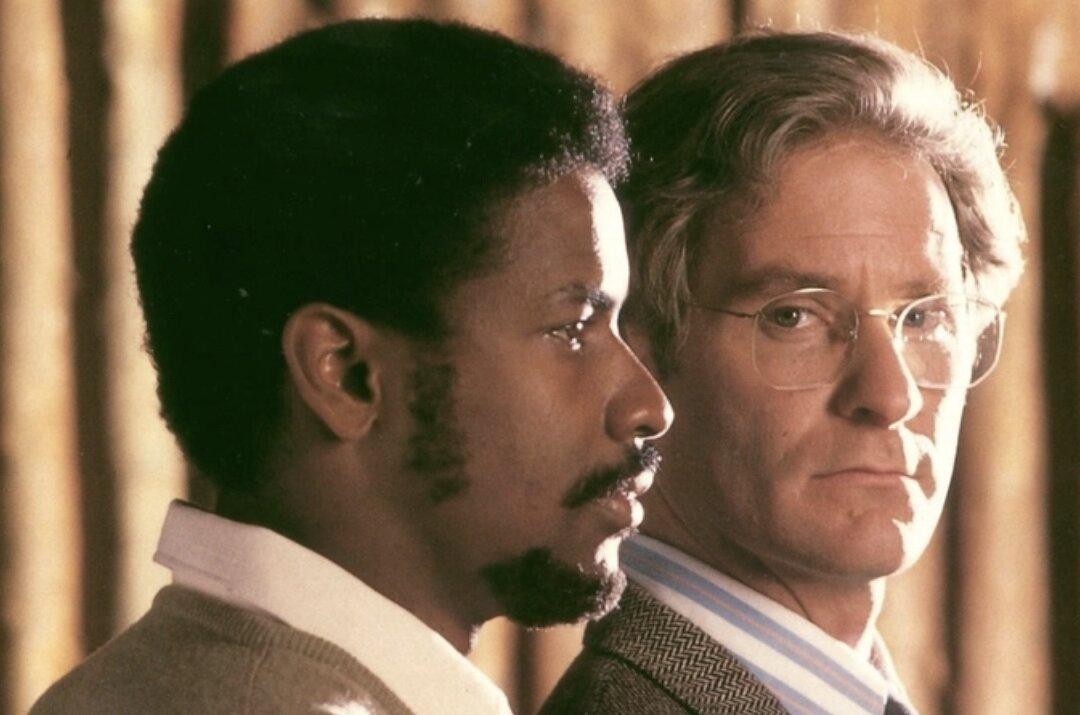PG | 2h 37min | Drama | 1987
Producer-director Richard Attenborough’s biopic is about two South African men, one black, one white, who together resisted the 1970s apartheid.

PG | 2h 37min | Drama | 1987
Producer-director Richard Attenborough’s biopic is about two South African men, one black, one white, who together resisted the 1970s apartheid.